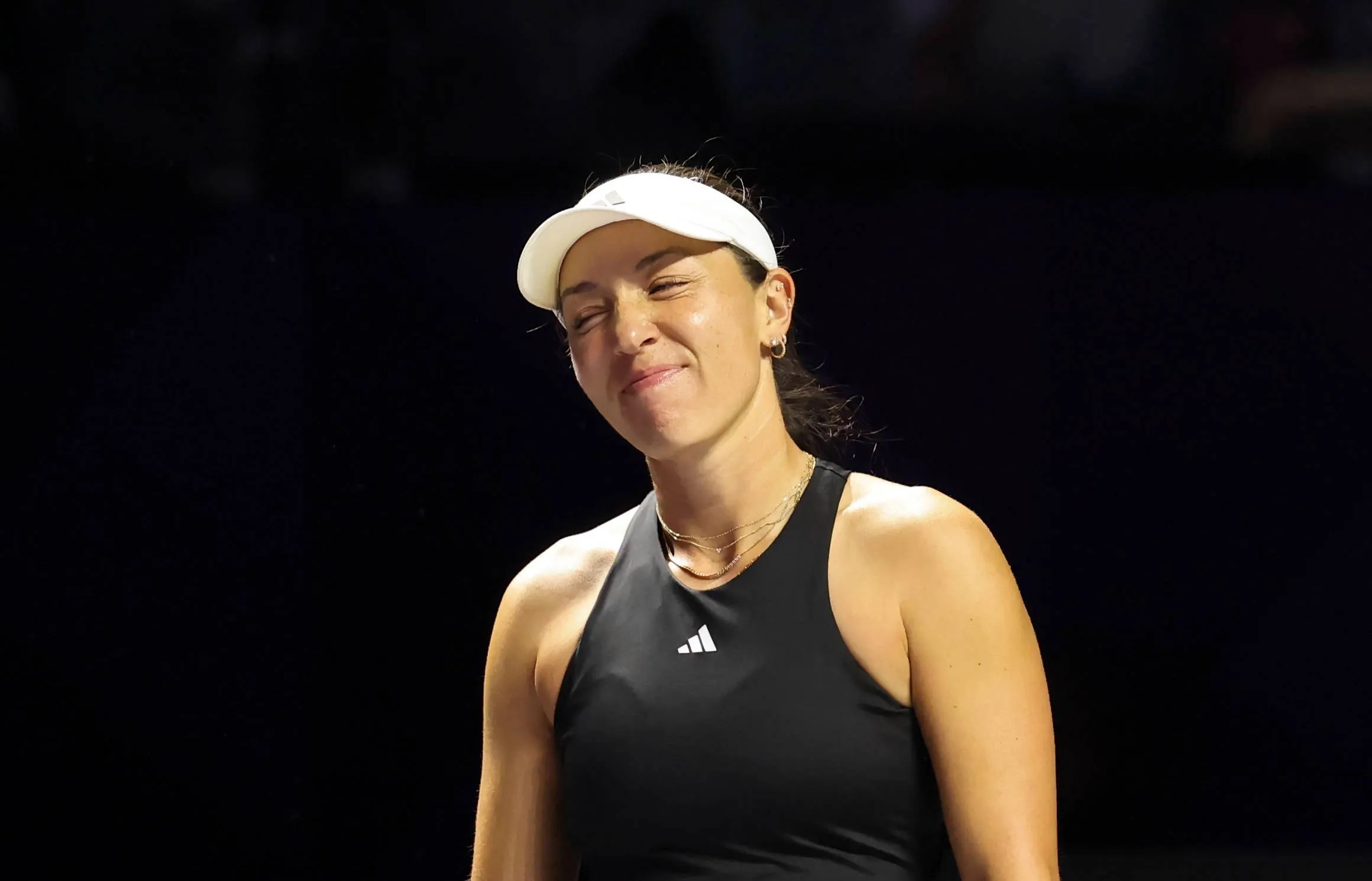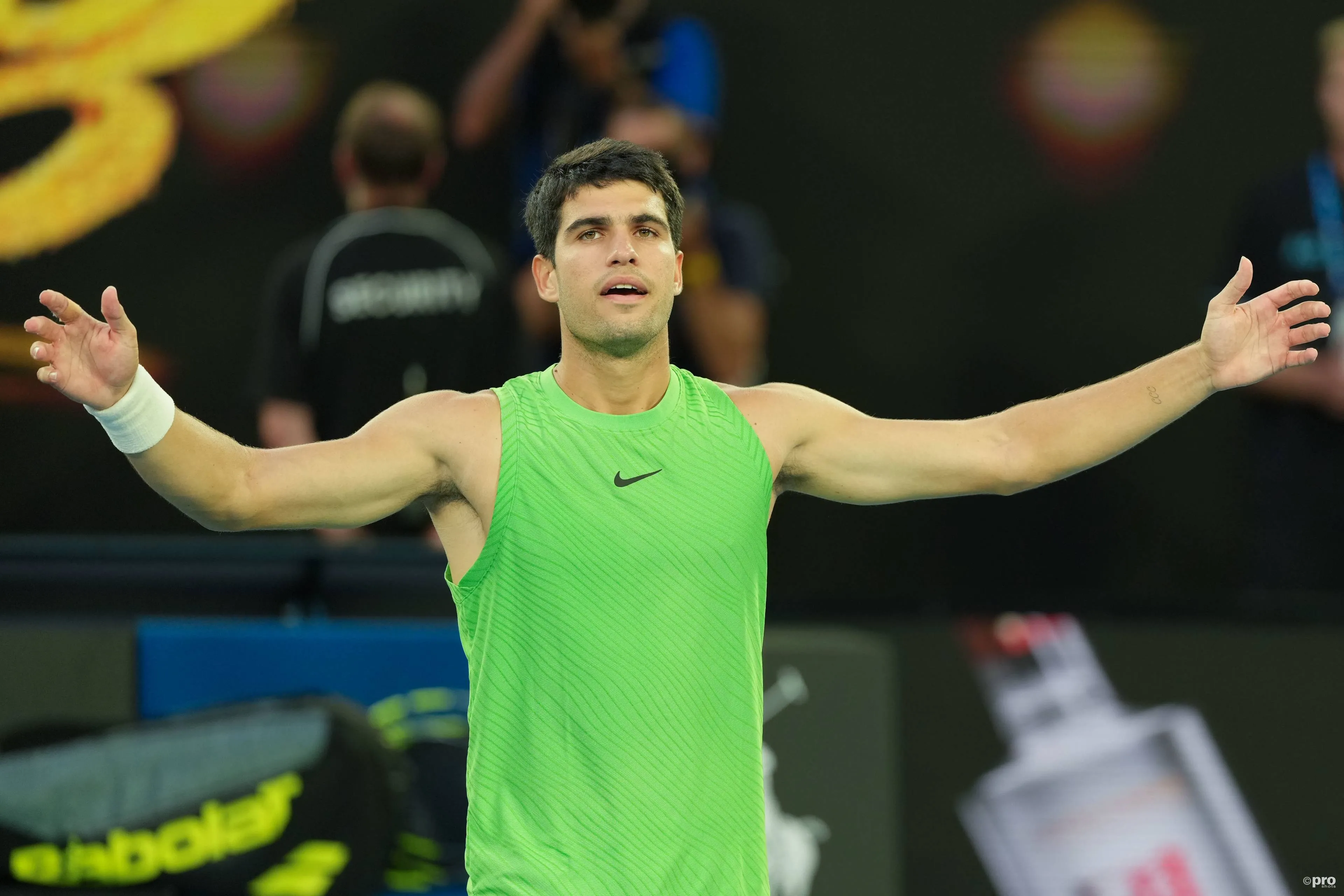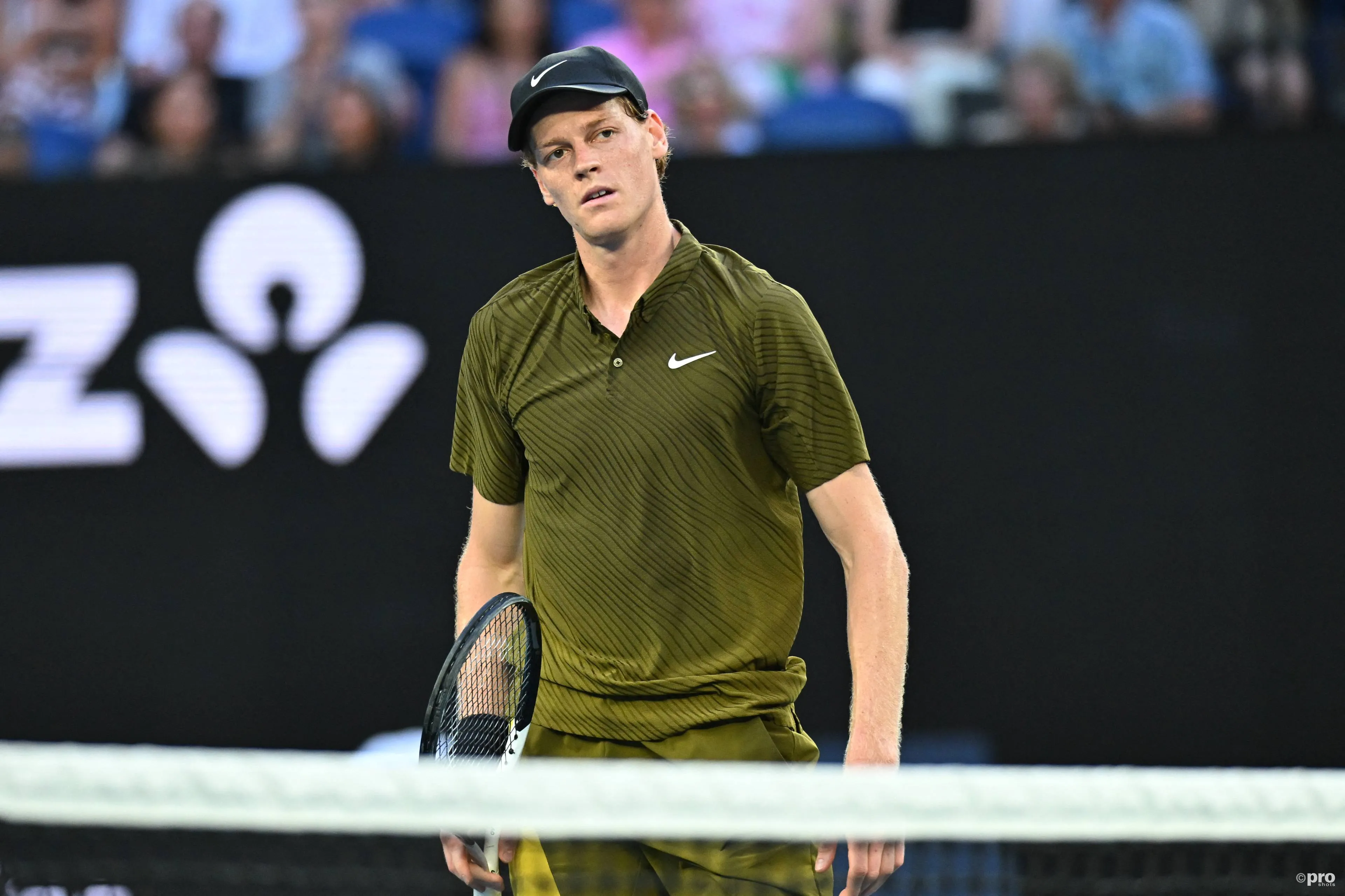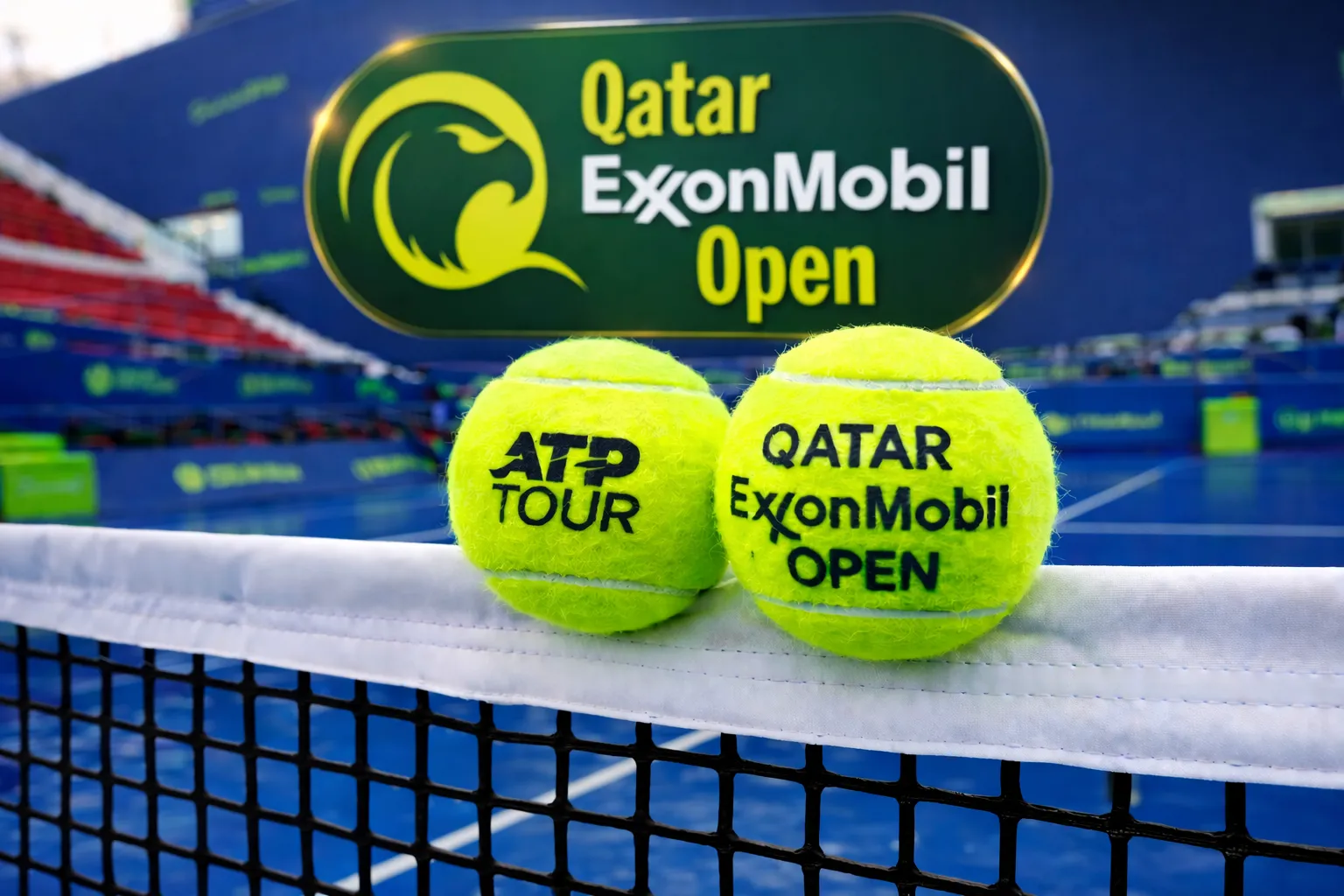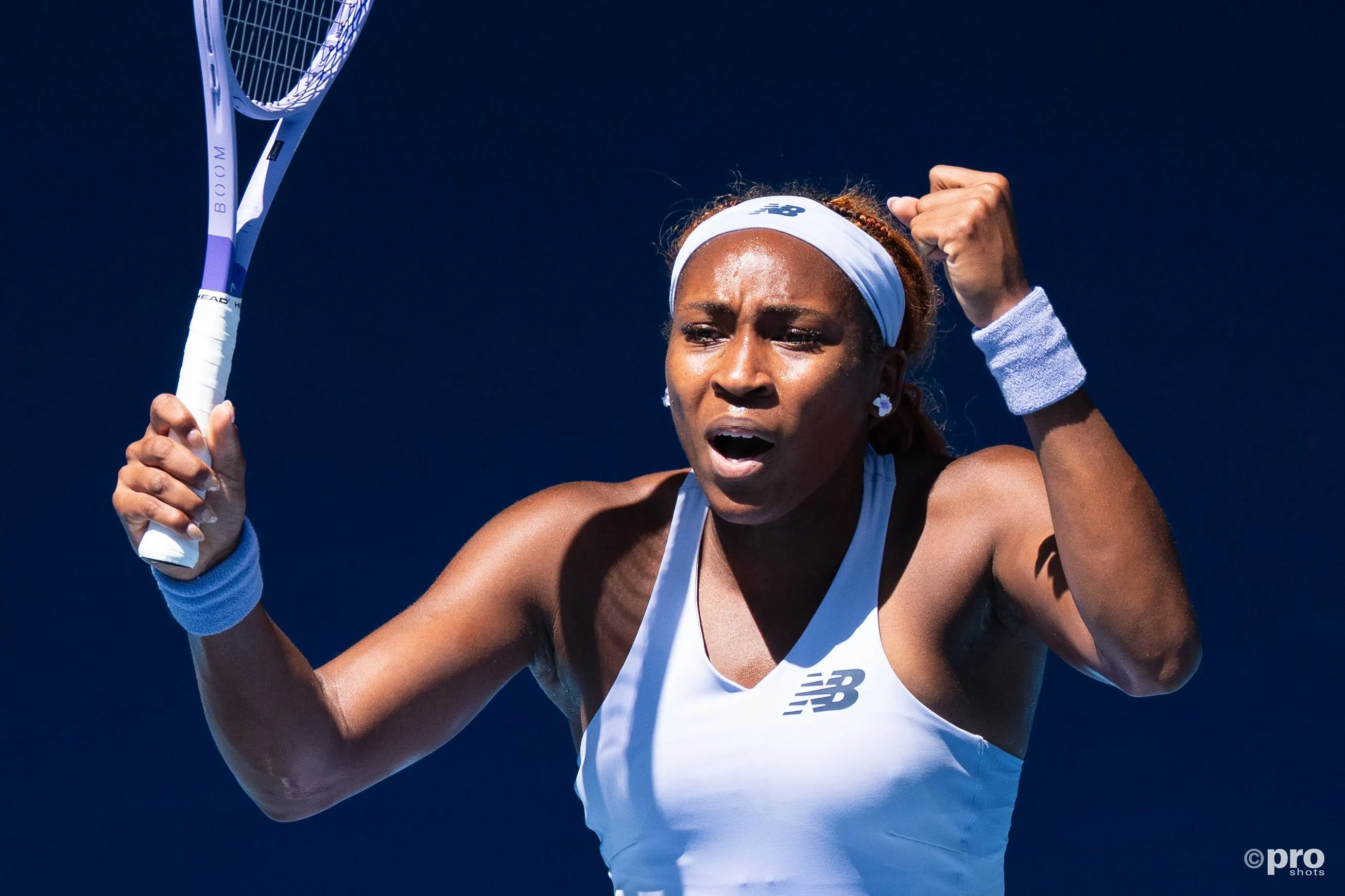COLUMN: ITIA putting integrity at stake with directives lacking common sense
Tennis NewsTuesday, 22 April 2025 at 22:15
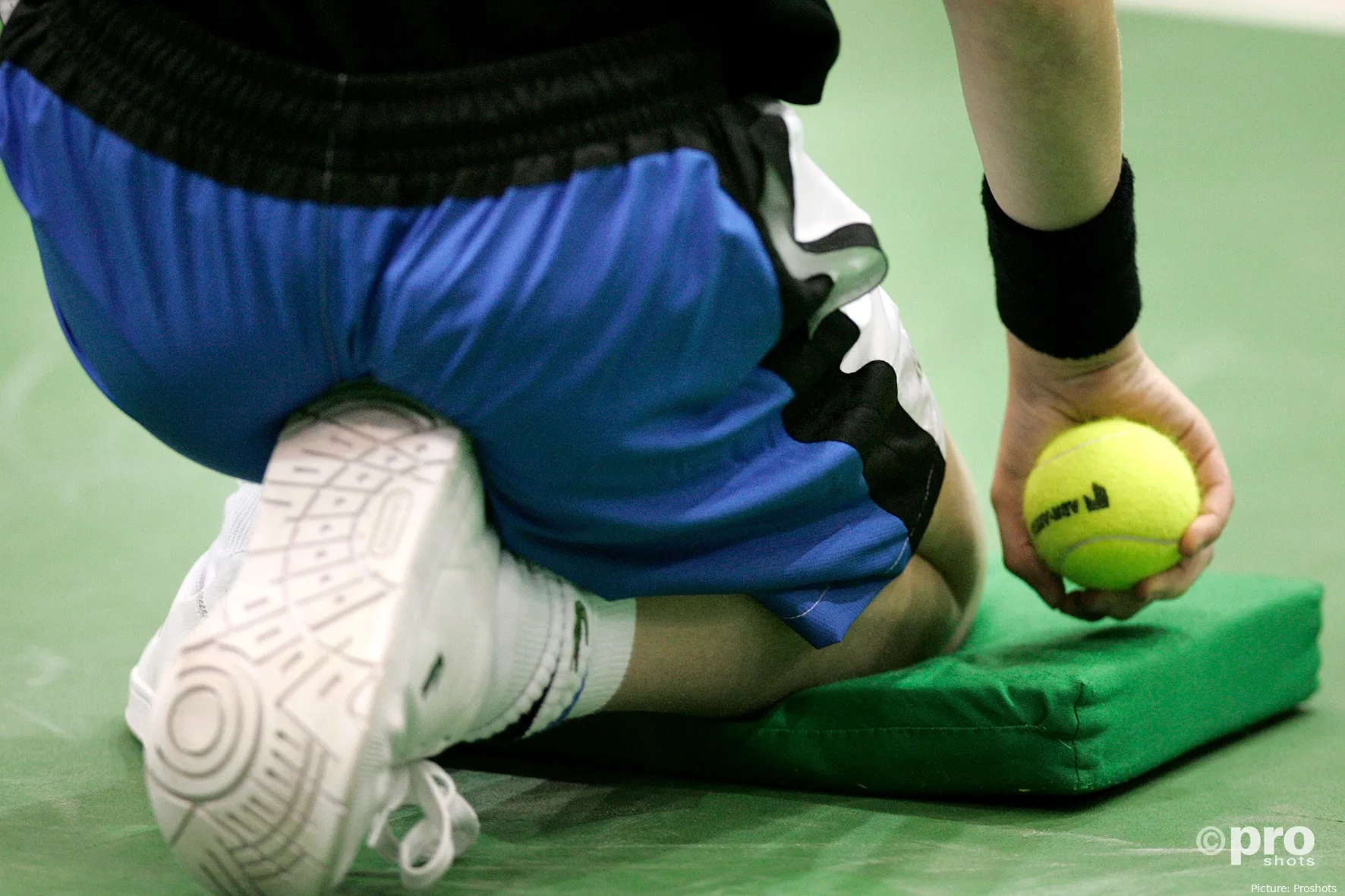
The International Tennis Integrity Agency (ITIA) has faced severe criticism for its role in recent developments. In recent times, the body has had the sole purpose of ensuring that rules and regulations are followed in the true spirit to maintain the sport's integrity.
However, things have taken a turn for the worse for the organisation. It
all started with the doping scandals involving two world number
ones — Jannik Sinner and Iga Swiatek. The ITIA declared the three-time Grand
Slam winner Sinner innocent following a detailed hearing where his counsel
claimed that the substance was available in the player’s sample because he came
in close contact with his physio, Naldi, who used to spray for the treatment of
a cut on his finger. His misery, however, continued as the World Anti-Doping
Agency (WADA) decided to appeal the verdict. The case concluded after both
Sinner and WADA agreed that the player would stay out of action for three
months and would return to the court just before the start of the Rome Masters
in May.
In addition to that, women’s world number two Iga Swiatek
was handed just a three-month ban after she tested positive in a dope test. Recently,
ITIA came out with a weird directive issued to the players to take a shower
before undergoing a doping test. The statement stated that players deciding to
take a shower before giving a sample must be aware of the consequences.
Read also
“Showering is not a right and it is for this reason that the
ITIA kindly requests that the player remains in sight of the supervisor who is
monitoring them at all times while showering. If a player does not feel
comfortable with this, we suggest that they consider whether a shower is really
necessary before providing a doping sample. Failure to remain in sight of the
supervisor will be treated extremely seriously by the ITIA,” read the
statement. “We recognise that parts of the anti-doping testing process are
uncomfortable, but as with all sports subject to World Anti-Doping Agency
rules, not just tennis, players subject to doping control are always observed
by an anti-doping monitor. This is a requirement of the anti-doping rules. We
regularly remind players of specific rules and are happy to answer any
questions they may have.”
Read also
Such statements have made a mockery of the institution whose
role should have been more about ensuring that the sport is played in the right
spirit. These statements also show that the ITIA, as an organisation, is not
focused towards dealing with the real issues and instead they are focused on
issues which have little or no impact on the integrity of the sport.
claps 0visitors 0
Just In
Popular News
Latest Comments
- Eventually (as other sports have done) WTA will be forced to make DNA / Gender Testing mandatory in order to protect and promote fairness in competitions. End of so-called 'controversy'.
- It's sad... but Rybakina is not going to be able to endure her groomer's interference in Life and still excel to her best level. BTW: No media has reported her last sentence to the physio. They kept asking questions and she abruptly told them: "I know what it is; I'm ready to go now".
- You seem to have 'lost the plot' ??
- This needs to be done, and I think Jessica Pegula is an excellent choice for chair to look into the situation. However, a very brief look at the other members of the panel would suggest a very USA heavy contingent. The group needs to represent all interests, not just turn it into a way the US can screw more money out of an already biased calendar.
- The tennis world should be kissing her feet for taking-on this long needed position in a much needed council. The WTA and ATP need a good shaking-up. Pegula's business heritage is a proven one. Let's hope she and her colleagues can stop WTA & ATP from shutting their work down and out. GO GET 'EM !!
- So the Sportswasher's largest market is... the Filipino community? That's all well and good but the hundreds and hundreds of empty seats throughout is embarrassing. Talk about bad optics!
- The poor Head Sportswasher has been whining and crying in the media, and basically threatening Saba, Iga, etc. Must be a real Ego Buster when they dangle money and people (especially Women) say, 'No thanks'.
- "Losing-itis" is not uncommon in Emma's small world. Just keeps begging the question, 'What are sponsors paying for? Limited tennis appearances... or Social Selfie Media presence?'
- Dubai can suck it up like everyone else. Just because they think they run the show, they do not. Sportswashing does not give them Power.
- You're losing your mind here.. You use a lot of space, yet inadequate knowledge. Read the WTA Rule Book 2026; it answers all your questions and accusations.
Loading


